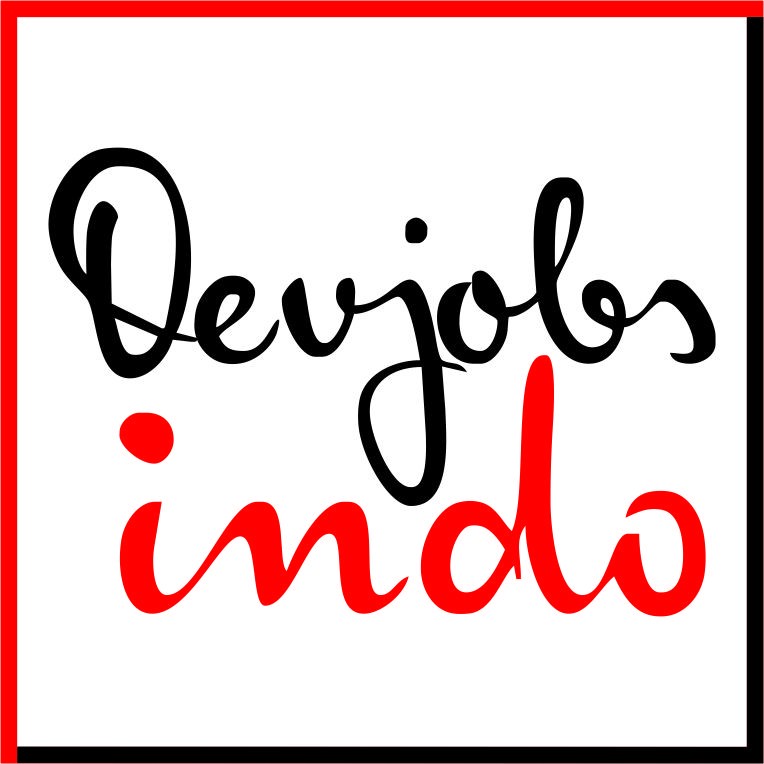Course Overview:
This ILM endorsed course is structured strategically to aid administrators and office executives in achieving peak levels of performance. The course covers the latest trends of office functions and specially emphasises on practical application and hands-on feedback. The program outline is up to date and pertinent to marketplace requirements, thus catering well to all analytical prediction of training needs in the specified area. A customised proposal can also be arranged, to suit the training requirements of your team.
Learning Objectives:
- Define the role of productivity and effectiveness in the success of the 21st-century administrator.
- Develop self-leadership capabilities which will enable professional advancement.
- Employ their thinking skills to facilitate turning problems into opportunities.
- Build excellent relationships with people at all levels.
- Organize and plan for the best performance and utilization of their time at the office.
Course Outline:
Module 1:
- The Role of the Office Manager/Administrator
- Competencies for Success
- Perception versus Reality
- Be a “Star” at Work
- Recognizing your role
- New Roles for New Times
- The Evolving Organization
- The Role of Management in The Workplace
- Optimizing Interaction and Influence
- Propagating a Professional Attitude
- Producing Results from Business Activities
- Use of Technology for Effective Functioning
Module 2:
- Mastering Data Management and Office Etiquette
- Modern Office Etiquette
- Do’s and Don’ts
- Telephone and Email Etiquette
- Records Management (Filing and Documenting Online and Offline)
- Indexing, Archiving, and Retrieving Data and Documents
- Handling Office Finances and Petty Cash
- Productivity and Effectiveness: Gateways to the 21st Century Administrator
- What Is Productivity?
- Efficiency versus Effectiveness: Differences and Practical Uses
- Optimizing Quality and Quantity of Production through Streamlining
- Signs of Inefficiencies at the Office
- Work-Breakdown Structures
Module 3:
- Effective Self-Leadership
- Self-Leadership – Prerequisite for Leading Others
- The making of a Good Leader Understanding – Personal Values
- Personal SWOT Analysis
- Building on your Talents
- Taking Initiatives – Being Proactive
- The Thinking Administrator
- Using Different Thinking Techniques to Boost Professionalism
- Using Creativity as a Business Tool
- Mental Blocks – Ways to Overcome Them
- Brainstorming
- Solving Office Problems (Turning Them into Opportunities)
- Kaizen: Focusing on Continuous Improvements
- Learning Styles for Professional Development
Module 4:
- Developing your Work Relationships
- Building Rapport with Managers Colleagues and Clients
- Adapting to Different Working Styles
- Navigating through People Problems and Problem People
- Enhancing Presentation/Self-Selling Skills
- Applying the Principles of Emotional Intelligence
- Best Practices for Delivering Positive Feedback
- Organizing and Planning for Best Performance
- Setting Challenging Performance Goals
- Putting Key Performance Indicators (KPIs) to Work
- Utilizing Planning Strategies/Forward Thinking
- Personal Action-Planning
- Developing Filing/Document Management System
- Acquiring Stamina and Resistance to Stress
Module 5:
- Organizing Professional Meetings
- Planning for the Meeting
- Preparing the Agenda
- Techniques to record the Minutes (MOMs)
- Improving the Effectiveness of Meetings
- Post Meeting Actionable
- Managing Visitors and Improving Customer Service
- Approaches to Screening of Visitors
- Catering to Internal and External Customers
- Handling Complaints Professionally
- Making your Department Customer-Friendly
- Professional Business Writing
- Crucial Elements for Recommended Writing
- Professional Email Writing Techniques
- Email Etiquette
Module 6:
- Effective Interpersonal Communication
- Building Excellent Relationships with Colleagues
- Dealing with Difficult Personalities
- Developing Self-Confidence and Assertiveness
- Presenting personal Ideas and Influencing Others Positively
- Negotiating Win-Win Outcomes
- Perceptions, Attitudes, and Beliefs
- Optimizing the Relationship with your Manager
- Establishing Common Objectives/Priorities
- Understanding and Synchronizing Expectations
- Building and Managing the Relationship
- Maximizing your Value Relative to the Manager
- Partnering with your Manager
- Progressive Role of the Executive Assistant/PA
- Developing and Broadening the PA Role
- Expanding Yourself: Going Above and Beyond Expectations
- Widening the Managerial Aspects of the PA Role
- Competencies of the Modern PA
- Effective Management of Work Flow
Module 7:
- Self-Development
- Positive outlook to self-improvement
- Techniques to improve your skills – memory, competencies, organisation
- Confidence and self-actualization
- Appraisals and feedback mechanisms
- Personal Development Plan
- Team Working
- Understanding Personalities
- Managing your relationships
- Handling difficult situations
- Managing stress
- Conflict Management
- Being a team-player
- Emotional Intelligence
- Communication and Presentation Skills
- Developing superior listening and questioning skills
- Professional Telephone Etiquette
- Overcoming Common Communication Barriers
- Effective Email and Writing skills
- Assertive Behaviour
- Role plays
Module 8:
- Your Business Environment and Office Responsibilities
- Organization – Vision and values
- Your role in your organization
- Personal Attitude towards work
- Personal learning styles
- Assessing current skills, experience and knowledge
- The Nature and Importance of Adaptability
- Why IMPACT is crucial
- Using the Telephone Properly
- Professional Telephone Behaviour
- Rules for Good Listening
- Managing Difficult Callers
- Identifying Common Phone Problems and Formulating Solutions
Module 9:
- Organizing Meetings
- Elements of an Effective Meeting
- Preparing the Agenda
- Recording Minutes of Meetings (MOM)
- Time and Project Management for Administrators
- Seven Steps to Great Time Management
- Preparing for Meetings and Conferences
- Recording Meeting Agendas and Minutes
- The Effective Use of MS Outlook to Manage your Time and Respect Other People’s Agendas
- Event Organizing and Project Management (Template)
Who Should Attend?
Administrators, Office Managers, Secretaries
